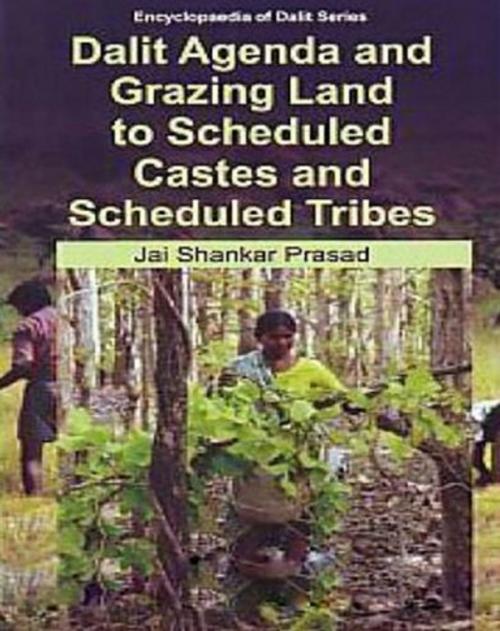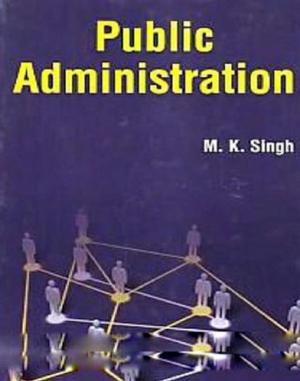Dalit Agenda and Grazing Land to Scheduled Castes and Scheduled Tribes
Nonfiction, Social & Cultural Studies, Political Science, Social Science| Author: | Jai Shankar Prasad | ISBN: | 9789388034593 |
| Publisher: | Centrum Press | Publication: | June 30, 2017 |
| Imprint: | Centrum Press | Language: | English |
| Author: | Jai Shankar Prasad |
| ISBN: | 9789388034593 |
| Publisher: | Centrum Press |
| Publication: | June 30, 2017 |
| Imprint: | Centrum Press |
| Language: | English |
The Congress government under Digvijay Singh embarked upon a programme of land reform in the state beginning in 1998, consisting of distribution of a portion of the government-owned charnoi (common grazing) land to dalits and tribals, restoration of tribal lands, removal of encroachments and ensuring actual possession of land to owners and providing them assistance to improve their land. The Congress leadership attempted to employ the politics of development/welfare using state power rather than identity as in UP and Bihar during the same period. Certain features of politics in MP underlay this decision. The dalits and tribal together constitute almost 30% of the population and Digvijay Singh had inherited a legacy of many welfare programmes for these groups from earlier Congress regimes as they have always been significant for the electoral fortunes of the party in the state. This book makes a critical assessment of the Dalit Agenda or Bhopal Declaration, Undertaken by the Government of Madhya Pradesh to empower scheduled castes and scheduled tribes population by way of distributing grazing land to them.
The Congress government under Digvijay Singh embarked upon a programme of land reform in the state beginning in 1998, consisting of distribution of a portion of the government-owned charnoi (common grazing) land to dalits and tribals, restoration of tribal lands, removal of encroachments and ensuring actual possession of land to owners and providing them assistance to improve their land. The Congress leadership attempted to employ the politics of development/welfare using state power rather than identity as in UP and Bihar during the same period. Certain features of politics in MP underlay this decision. The dalits and tribal together constitute almost 30% of the population and Digvijay Singh had inherited a legacy of many welfare programmes for these groups from earlier Congress regimes as they have always been significant for the electoral fortunes of the party in the state. This book makes a critical assessment of the Dalit Agenda or Bhopal Declaration, Undertaken by the Government of Madhya Pradesh to empower scheduled castes and scheduled tribes population by way of distributing grazing land to them.















